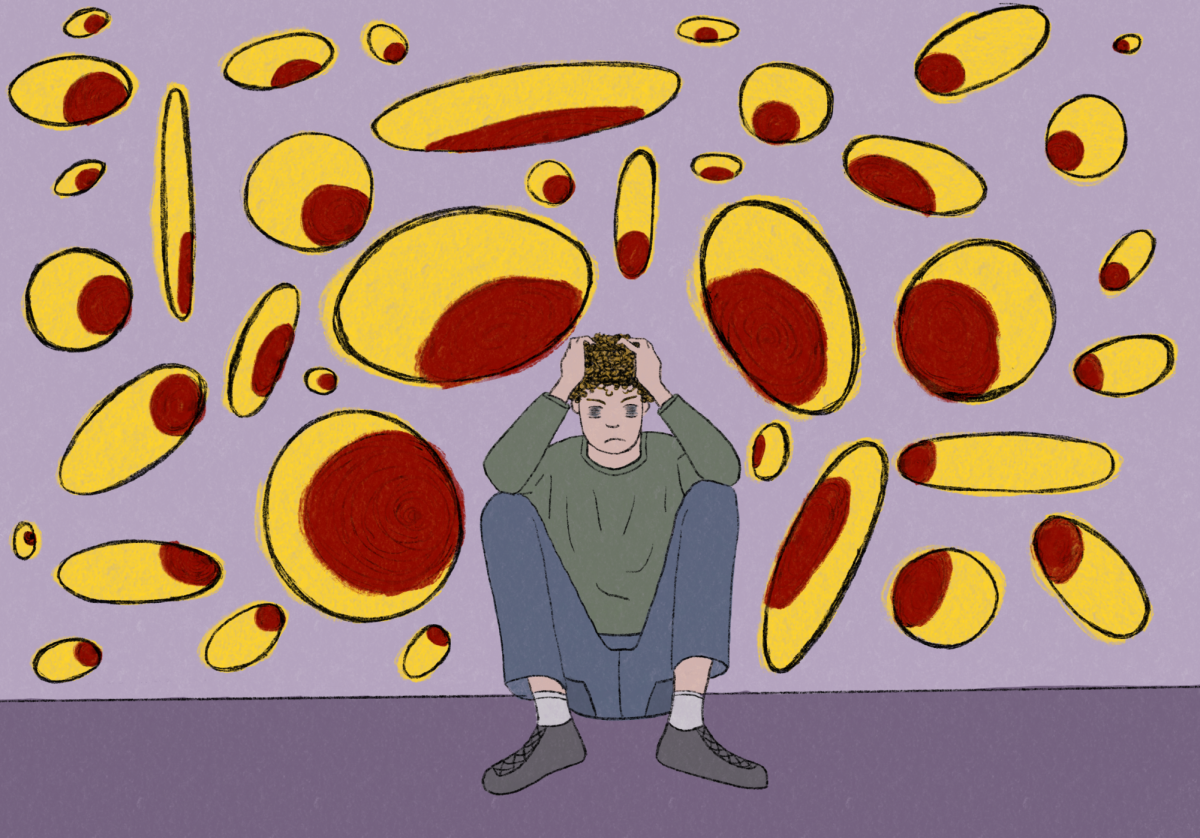As someone who feels unprepared in a classroom setting, it’s easy to compare myself to my peers. I first experienced imposter syndrome during orientation, and I’ve dealt with it ever since. According to a 2019 study, 20% of college students experience imposter syndrome while in college, and this feeling of academic inadequacy is not a foreign concept to other UT students.
While it typically involves doubting one’s own abilities or not feeling good enough, imposter syndrome is often an outcome of low self-esteem and confidence. It affects a student’s interactions with their peers and professors and deters them from seeking assistance on academic matters.
“(Imposter syndrome) mainly just affects how confident I am talking to teachers and students when asking for help,” undeclared freshman Anneke Anderson said. “It all feels really self-imposing.”
Imposter syndrome means different things to different people based on their individual experiences and life encounters.
“(To me), it’s feeling out of place,” Anderson said. “Seeing a community and not feeling like you’re part of that community.”
Most of the time, several different factors point to imposter syndrome.
“There’s perfectionism, there can be a very fixed mindset, and there can be anxiety,” said Toby Leblanc, counselor in the Counselors in Academic Residence (CARE) Program. “When we talk about impostor phenomenon, we’re talking about not just a single thing but a collection of things that manifest themselves in a very particular way.”
For some, finding their place among a smaller group of peers can ease the feeling of mental and physical displacement.
“(Imposter syndrome) is still there, but I feel like once you find smaller groups of people, and you’re able to really talk to them, it lessens it a lot,” Anderson said.
Although imposter syndrome can seem overwhelming, there are methods to combat the mental burden and doubt without seeing a mental health professional or seeking individual counseling.
“Conversations happen regularly with our students, on a more global scale. (The Counseling and Mental Health Center does) a lot of prevention and outreach type of work with workshops and presentations,” LeBlanc said.
Despite the University’s “Make it Your Texas” messaging at orientations and lectures, the actual agenda is not discussed equally on campus between faculty, staff and students.
“I think it’s getting talked about at different levels,” LeBlanc said. “We talk about it on a clinical level and how it intersects with things like depression, anxiety and other mental health concerns, but I do have lots of conversations with other people at the college level. So advisors, career services for students, folks like that, are definitely having those conversations as well with their students.”
While imposter syndrome can be dealt with individually, counseling with professionals is always an option. Interested students can find more resources on the CMHC website.
Attending a large university can be anxiety-inducing. New environments and people can leave the mind open for negative reflection. However, with a positive mindset and a few reminders about the journey you took to get where you are currently, students can work to reduce the harsh self-doubt.
Nelson is an English freshman from San Antonio, Texas.














